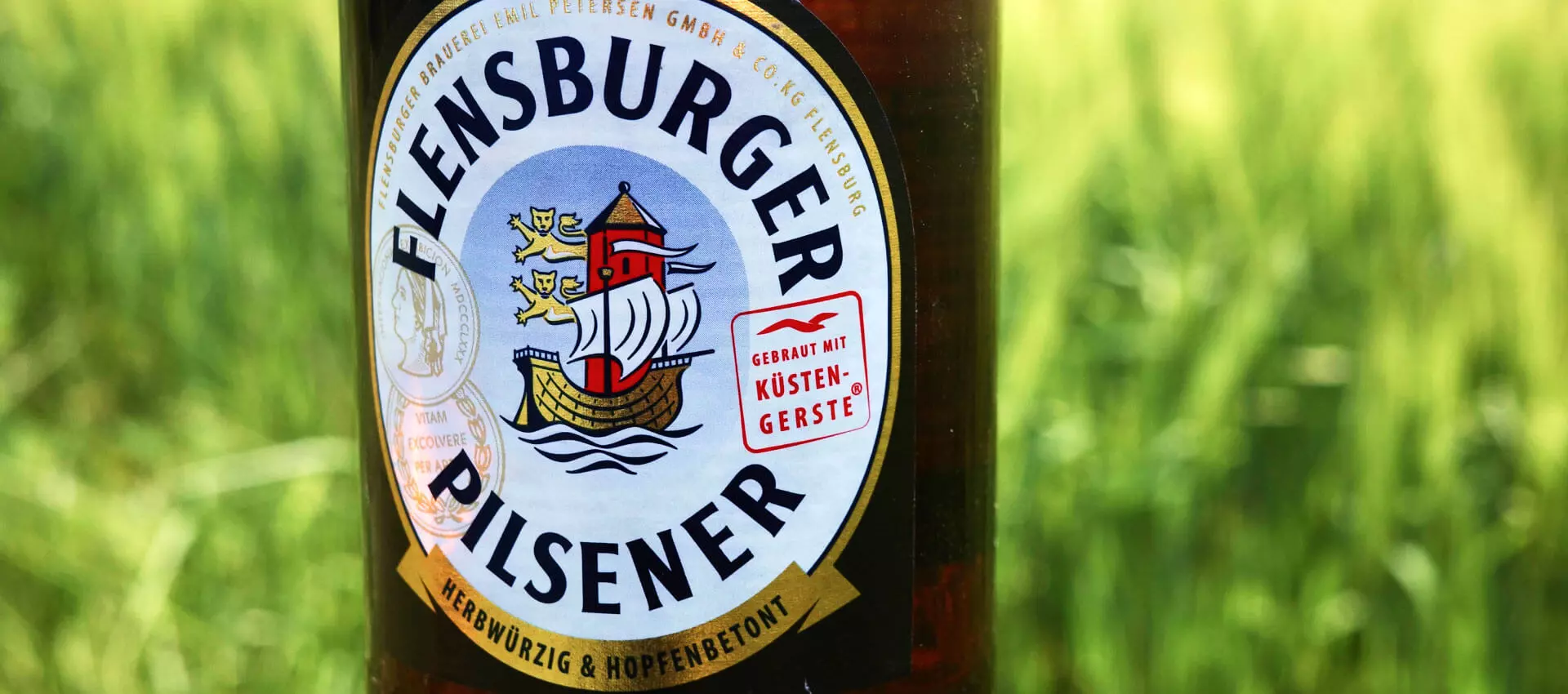
Beer Purity Law.
What Is The Beer Purity Law?
Abstract
The Bavarian Purity Law of 1516 states what may be used to make beer. You can find out the exact wording and the secret ingredient here.
Brewing Beer In Germany - Regulated By The Bavarian Purity Law.
Since 1516, it has been clearly regulated which ingredients are permitted for brewing beer. Back then, on April 23, 1516, the Purity Law was issued by Duke Wilhelm IV and Duke Ludwig X - although it initially only applied to Bavarian breweries, which from then on brewed their beer according to the new standards.
But what does the Purity Law actually say? This is quickly explained with just a few words and a few ingredients:
Gradually, however, more and more breweries from all over Germany joined the Bavarians and adopted the Purity Law. In fact, beer has only been officially brewed according to the Purity Law throughout Germany since 1906. This is why it has been referred to as the “German Purity Law” ever since.
The Exact Wording Of The Beer Purity Law.
It is not only interesting for amateur historians to take a look at the exact wording of the Purity Law. It says (translation):
Source: Deutscher Brauer Bund e.V.
At first glance, the German Beer Purity Law now provides a very clear guideline for brewing beer, in which only 3 ingredients are permitted. Additives and other questionable ingredients (more on this in a moment) are therefore excluded - long before chemicals made their triumphant entry into the food industry.
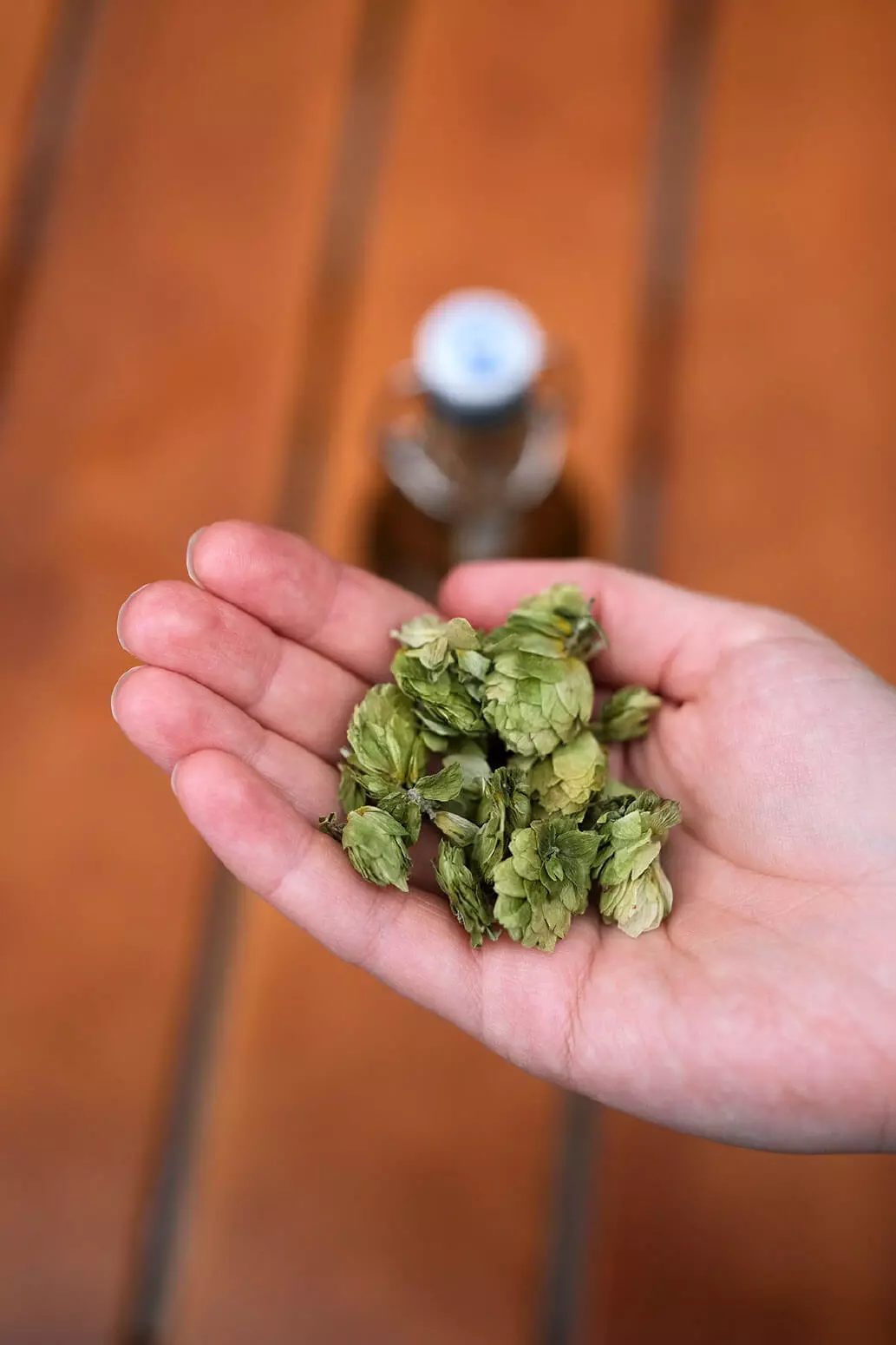
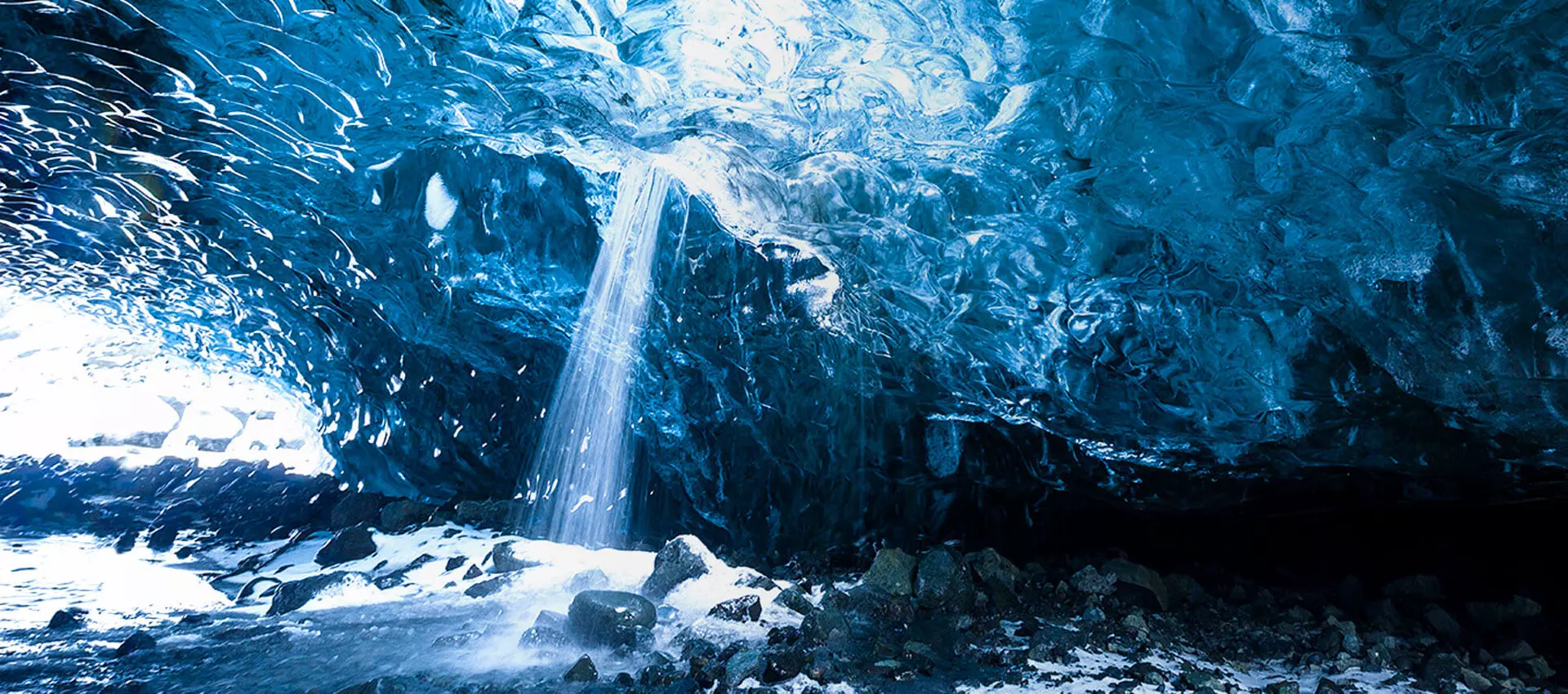
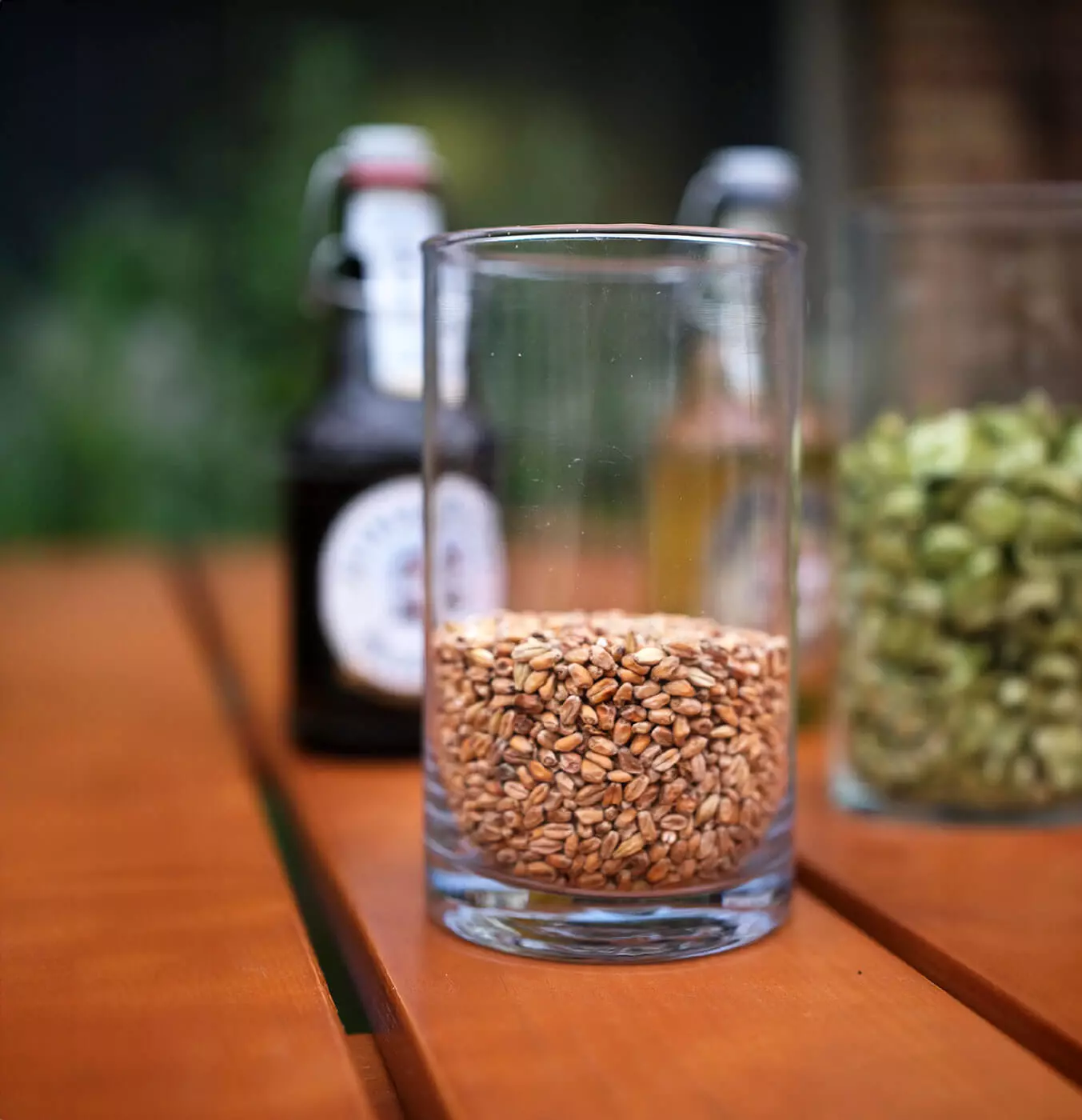
But wait a minute: isn't there something missing? Anyone who knows anything about the brewing process and has a basic understanding of the fermentation process will miss the yeast. In a way, this is the secret ingredient in the Purity Law.
The “Secret” Ingredient In Beer Brewing.
Don't worry, we're not uncovering a conspiracy here or revealing something previously unknown: yeast is the hidden ingredient in beer, so to speak, because it is not mentioned in the German Purity Law but is nevertheless permitted. At that time, people knew nothing about it, but relied on fermentation in the open air - in which the top-fermenting yeast spores set the process in motion.
It was not until 1860 that the French scientist Louis Pasteur discovered that yeast is responsible for converting malt sugar into alcohol and carbon dioxide during the fermentation process. So yeast had actually always been used in beer brewing without knowing it - which is why it is permitted despite not being mentioned in the German Purity Law.
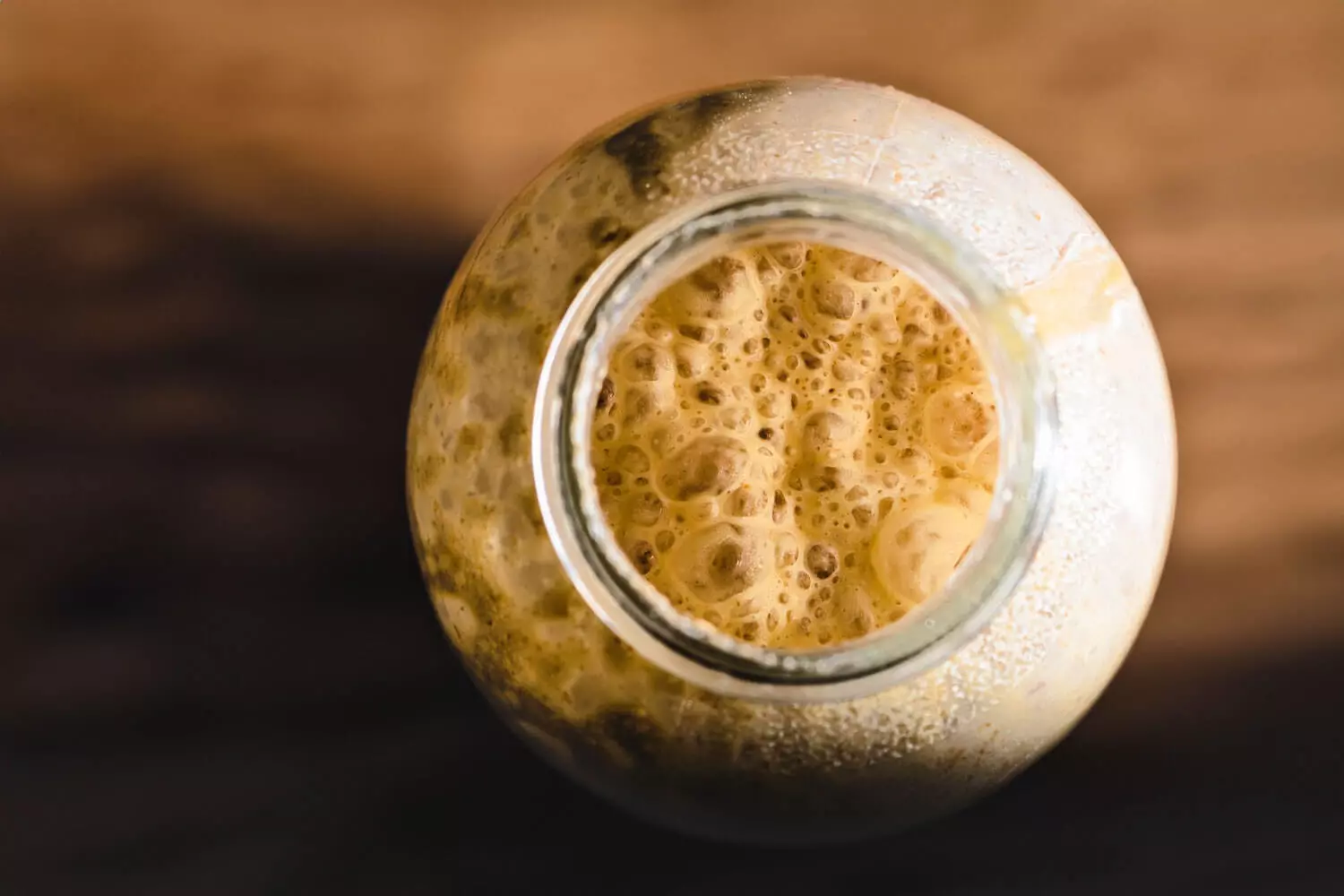
The (therefore) four natural ingredients make beer a natural product. In our Flensburg brewery, we also use only the best raw materials to produce a natural product of the highest quality. To brew our FLENS products, we use water from the Flensburg glacier spring, yeast from our own yeast breeding facility, hops from the Hallertau region and coastal barley from Schleswig-Holstein, among other things.
Why Was The Purity Law Actually Needed?
As simple and straightforward as the list of ingredients for brewing beer is, the question arises as to why a law had to be passed at all? Well, there was no other way. Long before 1516, a number of beverages with the name beer were already being brewed throughout Germany. However, the brew did not always deserve the name, as people were not squeamish in their choice of ingredients back then: ox gall as a bittering agent, ash for coloring or deadly nightshade and mushrooms for a special intoxication were not uncommon.
At some point, Duke Wilhelm IV and Duke Ludwig X had had enough. With the Bavarian Purity Law, they put an end to the adulteration. At the time, they didn't even know about the additives and flavorings of our time ...
Beer Is A Natural Product And So It Remains One.
Since then, the Purity Law has ensured that beer from German breweries is a pure natural product with clearly defined and limited ingredients. Unlike in other countries, neither corn, rice, artificial flavourings, colourings or stabilizers nor enzymes, emulsifiers and preservatives may be used in brewing in Germany. Only in this way can the purity law be observed and beer be described as a natural product.
If one of these ingredients or even sugar comes into play, it can no longer be called beer. Nowadays, malt beverages are still wrongly referred to as malt beers. However, the addition of sugar means that the purity law is not observed. As a result, malt beer is not a beer, but a malt drink or malt soft drink - just like our non-alcoholic Flensburg malt.
Are Other Ingredients Really Completely Prohibited?
The answer is a clear yes and no. In order to refine beers and give them a special taste, some federal states allow the use of other ingredients in addition to those from the Purity Law. After all, hobby brewers would otherwise quickly have one foot in beer hell with their craft beers ...
This is due to exemptions that state that natural ingredients such as spices and fruit may be used in brewing to give beer a special character. However, artificial additives and substitutes for hops and malt are clearly taboo.
Incidentally, the exemptions do not apply to the whole of Germany. In Bavaria, the purity law is strictly adhered to and beer continues to be brewed exclusively from water, yeast, hops and malt.




